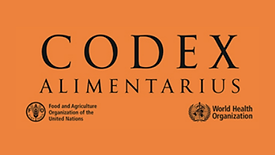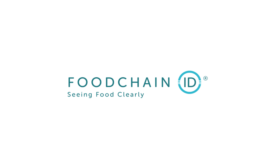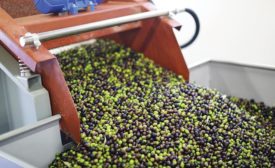Home » food fraud
Articles Tagged with ''food fraud''
Ten Years Later: Defining Food Fraud and Envisioning the Future
A look at how far we’ve come and where we’ve yet to go
August 12, 2021
Supply chains
Food fraud is not only an economic drain but also a supply chain safety concern
July 24, 2020
Never miss the latest news and trends driving the food safety industry
eNewsletter | Website | eMagazine
JOIN TODAY!Copyright ©2025. All Rights Reserved BNP Media.
Design, CMS, Hosting & Web Development :: ePublishing












